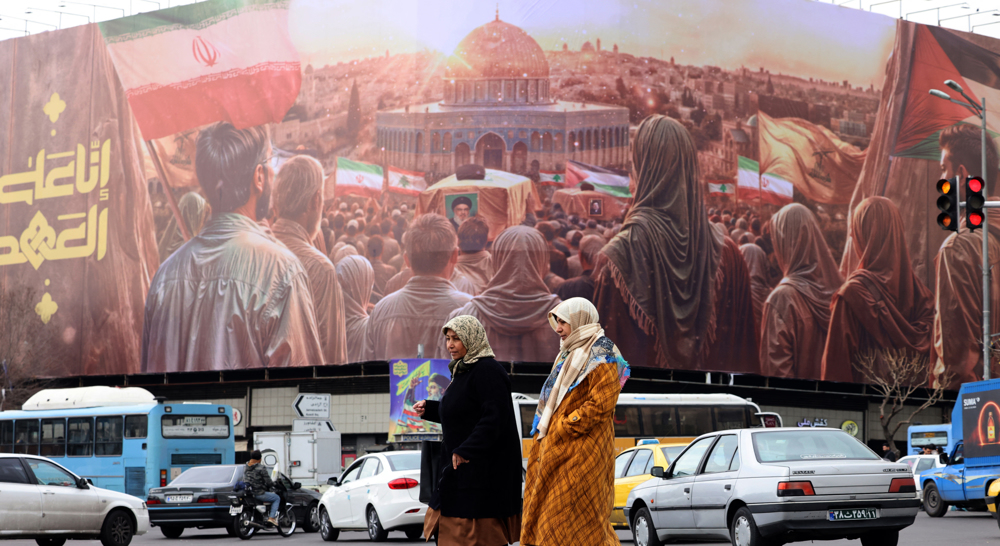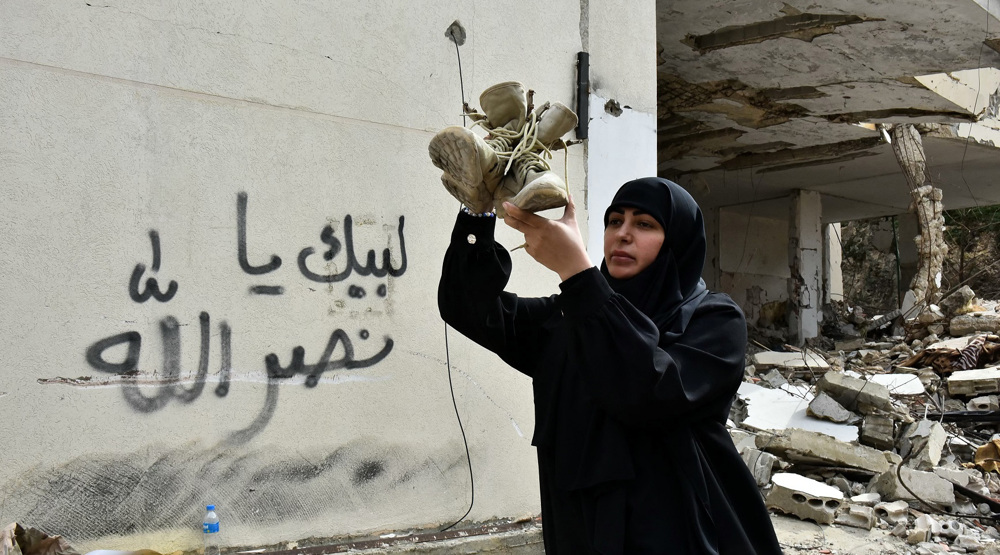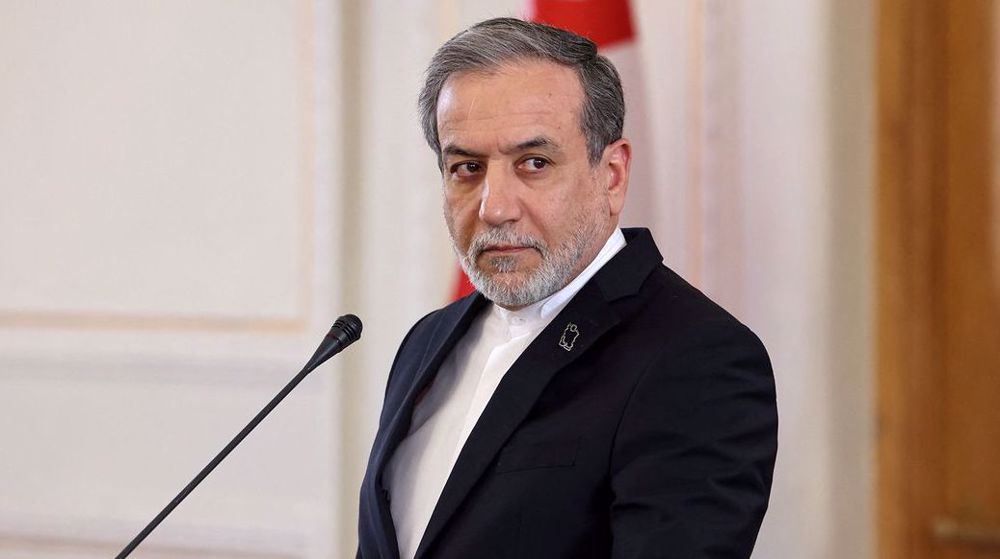Top negotiator says 2015 nuclear deal Iran's red line, anything less unacceptable
Iran’s lead negotiator says Tehran will not accept anything less than the nuclear agreement it signed with world powers in 2015, stressing that the issue will remain Tehran’s red line at the ongoing talks in Vienna.
“We will definitely agree to nothing less than that agreement and this will certainly be a red line for the Islamic Republic of Iran," Ali Bagheri Kani told Press TV on Saturday.
“We have a basic red line, which is backed up by logic,” he said, adding, “We have an agreement that was finalized by Iran and the P5+1 in 2015. The US withdrew from it a few years later and now it wants to rejoin that deal. So, this agreement is a shared basis between the two sides."
Bagheri Kani, who serves as Iran’s deputy foreign minister, made the remarks amid the ongoing seventh round of talks in Vienna to revive the JCPOA by removing Washington’s anti-Iran sanctions.
The US exited the JCPOA back in 2018 in pursuit of what it called the “maximum pressure” campaign against the Islamic Republic. The Vienna talks aim to undo all the hostile measures adopted by the US since then.
Bagheri Kani added that based on that chain of events, Iran will definitely agree to nothing less than the nuclear deal, officially called the Joint Comprehensive Plan of Action (JCPOA), and that “this will certainly be a red line for the Islamic Republic of Iran.”
He said several points of difference have remained unresolved in the draft text that was the outcome of the six rounds of talks held between April and June, adding that they required decision-making at the highest levels.
“Throughout the negotiations that began on November 29, we stated our viewpoints about various issues, including the removal of sanctions, nuclear measures, verification, guarantees, and other issues,” the senior Iranian diplomat explained.
The remaining issues, which are not too many, “will form the core of serious negotiations at the level of senior negotiators of Iran and the P4+1 countries,” he remarked.
He further said that some of Iran’s proposals were accepted by the opposite side while some were not.
During the seventh round of the Vienna talks, first under President Ebrahim Raeisi, Iran presented two draft texts which address, separately, the removal of US sanctions and Iran’s return to its nuclear commitments under the JCPOA. Tehran also said it was preparing a third draft text on the verification of the sanctions removal.
Prior to and in the midst of the fresh round, American and European diplomats have voiced strong pessimism about the prospects of the talks, claiming Iran was not serious.
The Americans, in the meantime, have said they will not remove all the sanctions that they slapped on Iran after the US withdrawal. They have also declined to provide guarantees that the US will not leave the JCPOA again, once it is accepted back into the deal.
Asked about the prospects of the negotiations under the US government’s new approach, Bagheri Kani refused to make any “prejudgments,” saying Iran is still waiting to see what the Americans will do in practice.
“In the new round of talks, we will make no prejudgments about the conduct of the Americans. We are waiting to see their new approach in this round and will then make judgments accordingly,” he said.

Iran reaffirms support for Lebanon, resistance amid Hezbollah leaders’ funeral

‘We remain true to our pledge’: President Pezeshkian pays tribute to Hezbollah heroes

Iran urges speeding up of legal processing of Israel’s genocide, war crime cases
Netanyahu: Israel won't allow Hayat Tahrir al-Sham forces in southern Syria
Hezbollah leaders’ historic funeral showed resistance strength: Islamic Jihad
Iran reports surge in air traffic as Austrian, Lufthansa resume flights
VIDEO | South Africans set to lobby government to isolate Israel
IRGC chief: Nasrallah decisive figure in regional equations with global dimensions
VIDEO | Press TV's News Headlines
Netanyahu's son 'exiled abroad for hitting his father': Knesset member
Iran money supply up 28.4% y/y in late January: CBI






 This makes it easy to access the Press TV website
This makes it easy to access the Press TV website